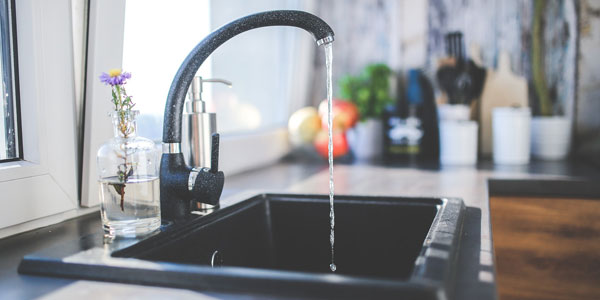Our series looking at the information in the CON29DW moves onto those questions dealing with water supply.
So far in this series we’ve looked at the questions in the CON29DW that deal with drainage. But the search also deals with the water supply to properties, and there are six questions dealing with potential issues around this area.
The first of these, question 3.1 states “Is the property connected to the mains water supply?”

The good news is that in the vast majority of cases the answer will be ‘yes’. Around 99% of homes in England and Wales receive their supply from the water company. There are however exceptions, and this is where you need to be careful.
In urban areas, it is usual for residential properties to be connected. Commercial properties such as shops will also usually be on the mains supply, although some smaller units such as workshops may not be.
Rural areas are trickier. Whilst most villages will be connected, more remote properties may well not be.
However, there’s no hard and fast rule, and you should never assume any property is connected. Even pipework in the street outside is no guarantee that they connect to the property. Anomalies do occur, (such as urban properties being served by an underground supply) and the CON29DW checks against water company billing records to confirm the status.
If a property isn’t connected, it will often have a private supply. Most commonly, properties will get their supply from a natural source such as a well, borehole or spring.
With wells and other underground supplies, water companies are not responsible for the amount or quality of water supplied. These are monitored by the local authority, and you can read further details about them at http://www.privatewatersupplies.gov.uk/.
Some properties receive an indirect supply from the public main, for example a farm which provides water to barn conversions on its land. Where we’re aware of this connection, the search will state that the property receives a supply from a third party.
Should private water supplies for some reason become unusable (for example the supply becoming contaminated) the property owner will be responsible for rectifying the problem, which can be both time-consuming and costly. In some circumstances a connection to the public supply is necessary, which can be expensive if the property is not located close to a main.
Question 3.1 is one of the most important in the CON29DW. The buyer of any unconnected property should be aware where it gets its water from and the potential implications of this.
